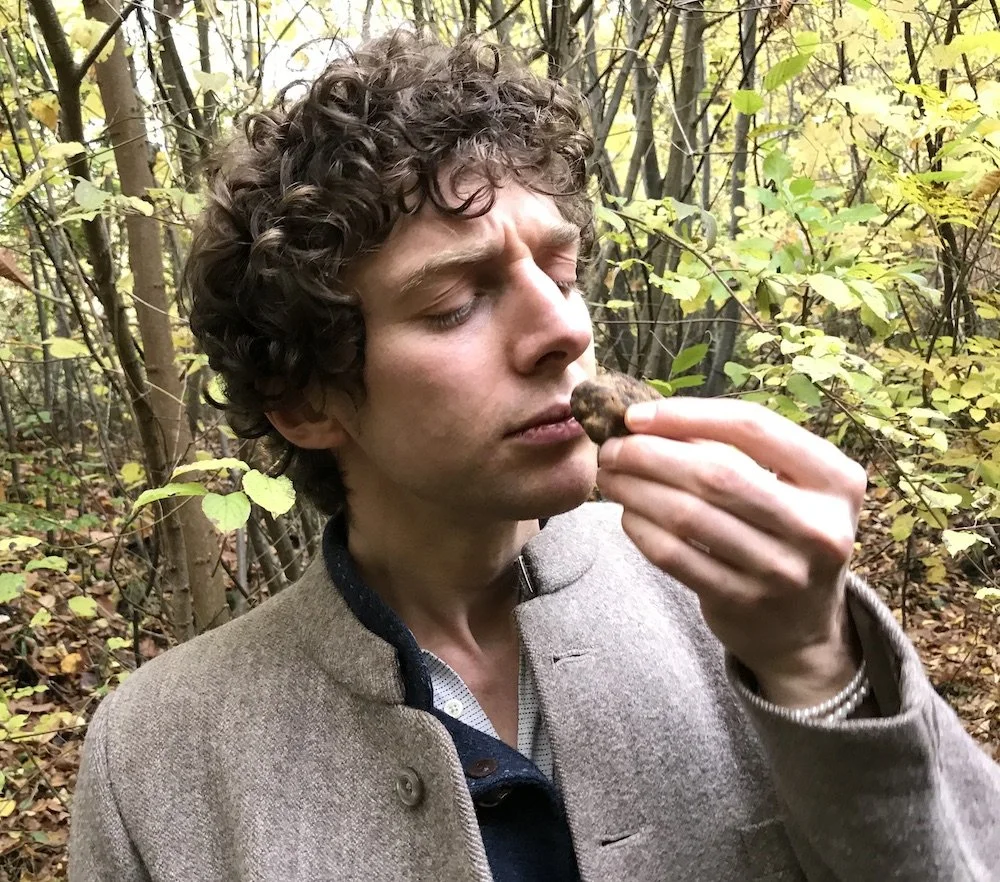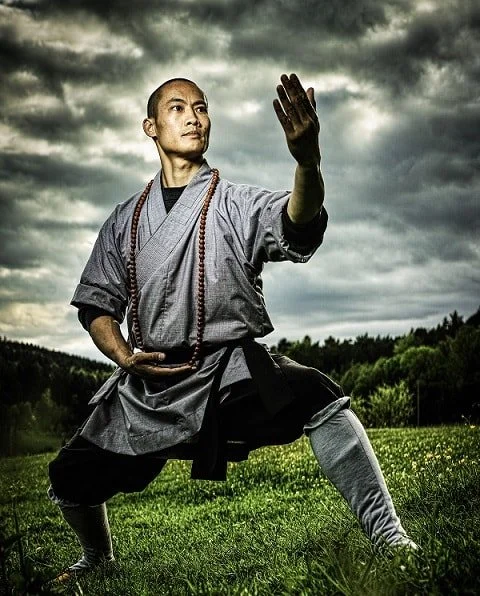Bach - Well-Tempered Clavier, Book 2, Prelude and Fugue No. 22
Performed by: Maria Pan’kiv
License: Public Domain
Source: Bach - Well-Tempered Clavier, Book 2, Prelude and Fugue No. 22
Bach - Well-Tempered Clavier, Prelude in C Major
Performed by: Kimiko Ishizaka
License: Public Domain
Source: Bach - Well-Tempered Clavier, Prelude in C Major
Bach - Prelude and Fugue in E Major (Well-Tempered Clavier, Book 2)
Performed by: Randolph Hokanson
License: Public Domain
Source: Bach - Prelude and Fugue in E Major
Bach - Goldberg Variations, BWV 988 (Aria)
Performed by: Kimiko Ishizaka
License: Public Domain
Source: Bach - Goldberg Variations, BWV 988 (Aria)
*
Vivaldi - Winter, Second Movement (Largo)
Performed by: John Harrison
License: CC BY-SA 3.0
Source: Vivaldi - Winter, Second Movement (Largo)
Antonio Vivaldi - Spring, Second Movement (Largo)
Performed by: John Harrison
License: CC BY-SA 3.0
Source: Vivaldi - Four Seasons, 1 Spring mvt 2 Largo
Antonio Vivaldi - Summer, Third Movement (Presto)
Performed by: John Harrison
License: CC BY-SA 3.0
Source: Vivaldi - Four Seasons, 2 Summer mvt 3 Presto
Antonio Vivaldi - Autumn, Second Movement (Adagio molto)
Performed by: John Harrison
License: CC BY-SA 3.0
Source: Vivaldi - Four Seasons, 3 Autumn mvt 2 Adagio molto
Antonio Vivaldi - Winter, First Movement (Allegro non molto)
Performed by: John Harrison
License: CC BY-SA 3.0
Source: Vivaldi - Four Seasons, 4 Winter mvt 1 Allegro non molto
*
Chopin - Nocturne in F sharp minor, Op. 48 No. 2
Performed by: Luke Faulkner
License: CC BY 3.0
Source: Chopin - Nocturne in F sharp minor, Op. 48 No. 2
Erik Satie - Gymnopédie No. 1
Performed by: Robin Alciatore
License: Public Domain
Source: Erik Satie - Gymnopédie No. 1
TECHNOLOGY & EDUCATION EPISODES
Chris Zabriskie - Heliograph
Performed by: Chris Zabriskie
License: CC BY 4.0
Source: Chris Zabriskie - Heliograph
Chris Zabriskie - Wonder Cycle
Performed by: Chris Zabriskie
License: CC BY 4.0
Source: Chris Zabriskie - Wonder Cycle
Chris Zabriskie - Air Hockey Saloon
Performed by: Chris Zabriskie
License: CC BY 4.0
Source: Chris Zabriskie - Air Hockey Saloon
Chris Zabriskie - Cylinder Five
Performed by: Chris Zabriskie
License: CC BY 4.0
Source: Chris Zabriskie - Cylinder Five
Chris Zabriskie - Oxygen Garden
Performed by: Chris Zabriskie
License: CC BY 4.0
Source: Chris Zabriskie - Oxygen Garden
Chris Zabriskie - They Call It Nature
Performed by: Chris Zabriskie
License: CC BY 4.0
Source: Chris Zabriskie - They Call It Nature
Chris Zabriskie - Perhaps It Was Not Properly Manufactured
Performed by: Chris Zabriskie
License: CC BY 4.0
Source: Chris Zabriskie - Perhaps It Was Not Properly Manufactured














